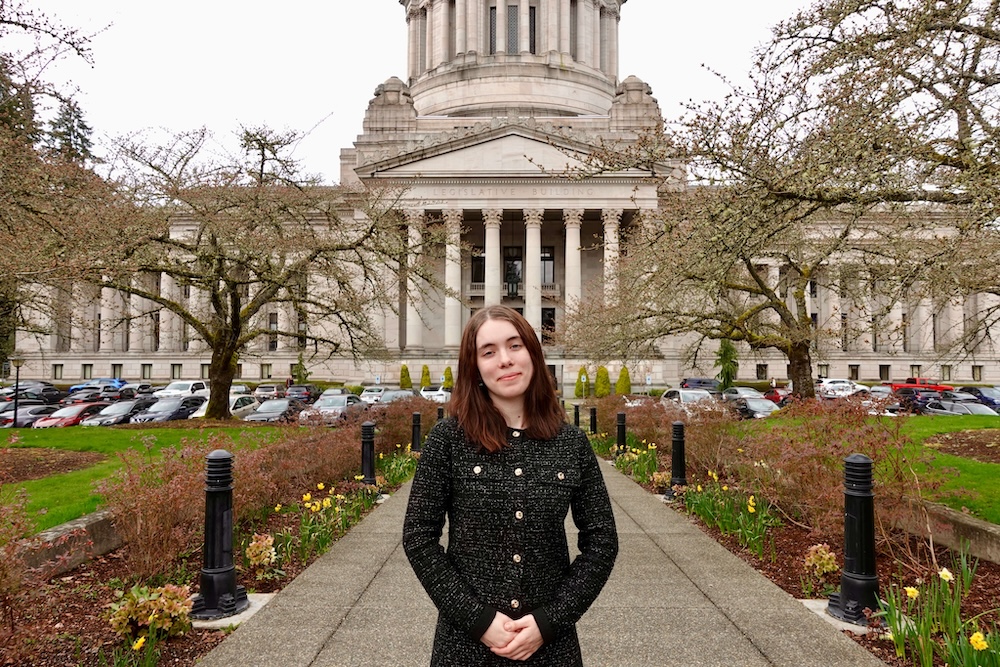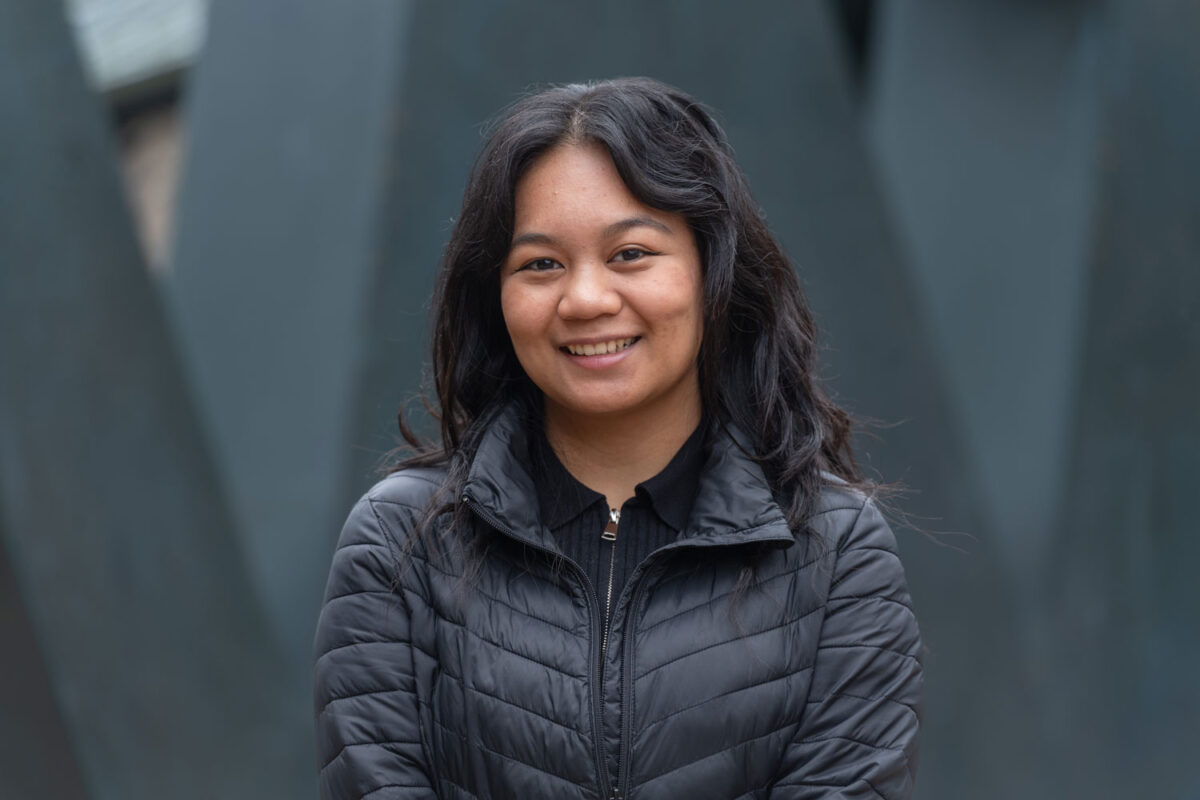On Dec. 17, University of Washington Bothell faculty and staff gathered to celebrate the achievements of more than 100 graduating Computer Science & Software Engineering students as they presented their research at the autumn 2021 capstone symposium.
“The past two years have brought extraordinary challenges,” said Dr. Leslie Cornick, dean of the School of STEM. “But the presenters have risen to those challenges and demonstrated incredible grit, grace and resilience that made the day — and the work they did — even more special.”
To complete their capstones, students explored a variety of different options including assisting on faculty research, interning at corporations such as T-Mobile and developing their own software, among many others.
“The students put quite a lot of work into their projects,” said Janet McDaniel, STEM capstone coordinator. “It’s inspiring to see the research, work and innovations that they have done on our campus.”
More time, less work
Jeremy Zhang, one of this year’s presenters, said it can take up to 50 hours for CSSE faculty to grade students’ work for a single assignment — that alone adds up to more labor than the average person completes during their entire, 40-hour work week.
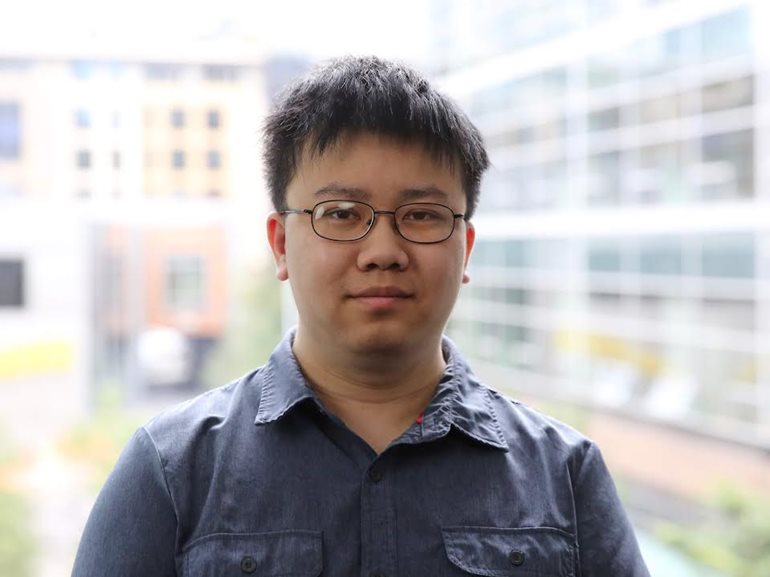
“It easily leads to hundreds of hours each quarter that professors spend grading and that is time that could be better used teaching or researching,” Zhang said, whose research looks to alleviate this time investment.
A former teaching assistant at the UW in Seattle, Zhang knew firsthand the toll that grading code can take on faculty.
“It’s a lot more complicated than grading multiple choice questions or even math,” Zhang said. “At least with algebra there are formulas, and you can see how students got to the answer. But with code, there are so many different approaches a person can take, and as an outsider, figuring out how they got to the end result can be very taxing.”
Under the advisement of Dr. Yusaf Pisan, associate teaching professor in the School of STEM, Zhang and a handful of teammates from UW Bothell’s research group Tech for Good worked to alleviate that burden. The result is a easy-to-use interface that faculty and students can use to manage programming assignments and feedback in CSS142, an intro Java-based course.
“It allows instructors to provide coherent and timely responses to students by running auto grading scripts on programs,” Pisan explained. “It’s also designed to provide automatic feedback so students can receive comments on their work immediately after submission, which is a crucial component of student learning. The long-term goal is to use the same automated feedback framework for multiple courses.”
Having been on both sides as a TA in CSSE courses as well as a student, Zhang said he can speak to the value of this program. “It’s equally beneficial to both parties, and I know it will make life better for everyone involved in the major. It’s quite an incredible tool.”
Less work, more money
While Zhang’s program can help save faculty thousands of hours, senior Jibran Ahmed may help save a company thousands of dollars.
For his capstone, Ahmed worked at T-Mobile to develop a slackbot — a robot assistant— that could help the company improve customer satisfaction and increase team productivity. As he explained, “bots basically make life a lot easier. They can locate things like payment information based on customer ID and perform a lot of other useful commands by deploying codes.”
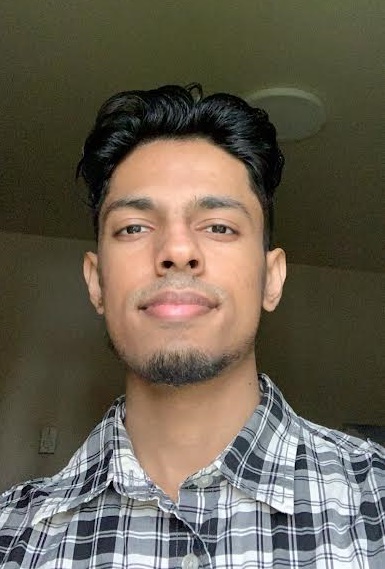
Ahmed said that before his program was implemented employees had to input codes for various commands and that left no room for errors in spelling which would mean the commands would not work. It was also quite time consuming. Thanks to his efforts, however, employees can now simply select the feature they want to use from a list of commands and the code will automatically deploy.
“After my internship, my manager told me that the process which once took 30 minutes to do can now be done in 10 to 20 seconds — and that saves the company hundreds of thousands of dollars if you convert labor hours into dollars spent and invested,” Ahmed said.
“I want people in CSSE to know that even if the idea or concept of working on a bot doesn’t sound as interesting as working on machine learning or AI, it still makes a big impact and is worth doing.”
At the end of his internship, Ahmed was offered a full-time position with the company and will start in January in his first position as a professional software engineer. “I learned so much in those three months I worked as an intern, and I can’t wait to see how much more I will learn in a permanent position,” he said. “I am beyond excited for what the future holds.”
Creativity & codes
Student Nina Panganiban didn’t pursue a degree in CSSE to save people time or money. She did it for a reason much less common — to express her creativity.
“You can use the major to do really creative things, and from being in the program, I have noticed a lot of my classmates don’t see themselves as creative people — but they are,” she said. “Some are storytellers, others are artists, but we all have these amazingly unique ideas, and we use our engineering skills to bring those ideas to life.”
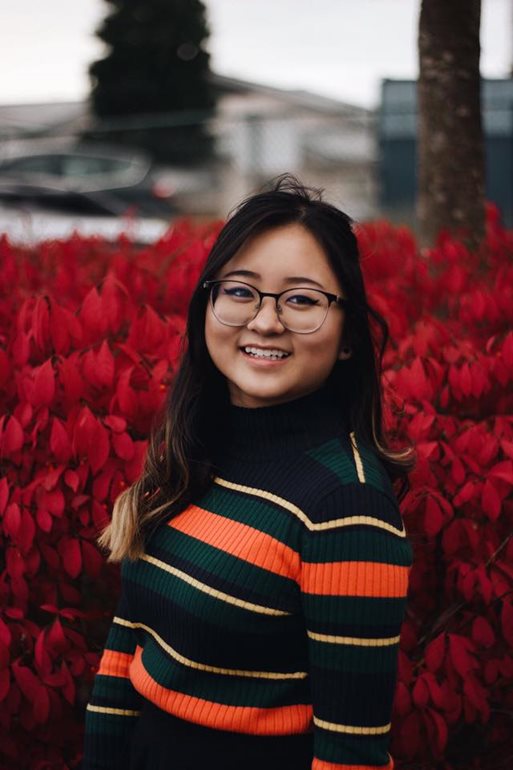
For her capstone, Panganiban and her partners engineered the idea and the software to create a video game called Freight Hopper. “It’s about a robot that escaped from prison and is jumping on tops of trains to reach the goal post,” she explained. “It’s a 3D platformer game that challenges the player to get from start to finish. We even made a bunch of obstacles like lasers and shooting robots to make it more challenging.”
Panganiban did the art and level editing for the game, which essentially “increases community and playability,” she said. “This makes it so that when the player finishes the game, they can continue it by using the software to create their own levels and then share them with friends —the possibilities are endless.”
Before coming to the University, Panganiban had planned on pursuing an art degree with the goal of becoming a concept artist for video games. Drawn to gaming since childhood, she said, “it helped me find a community and friends, and cope with the stresses of life. I’ve always known I wanted to be a part of that, I just wasn’t sure in what capacity.”
After taking a coding class, however, she fell in love with coding and knew that majoring in CSSE would allow her to combine both strengths. She sees this capstone project as proof that she is on the right path.
“It gave me confidence and showed me that I can work in a game studio and develop these huge programs. I used to doubt myself a lot, but now I know I am capable of great things,” Panganiban said.
“This is such a hard degree that can be emotionally taxing, it’s easy to burn out. I want to say thank you to UW Bothell and the faculty in the CSSE division — without them I wouldn’t be here, saying these things.”
Outstanding work
More than 100 other students from UW Bothell also presented their equally impressive work at the symposium.
Student Najib Abdi, for example, created software to connect high school students with colleges based on interests and qualifications. Hemanth Kalathil integrated tools on Canvas to alleviate the difficulties CSS faculty face grading assignments. And Jonathan Walzer developed an application that recommends concerts to users from the input of a song title.
The list of impressive research goes on, McDaniel said.. “Their work was truly outstanding. I am very proud of all our STEM students.”

